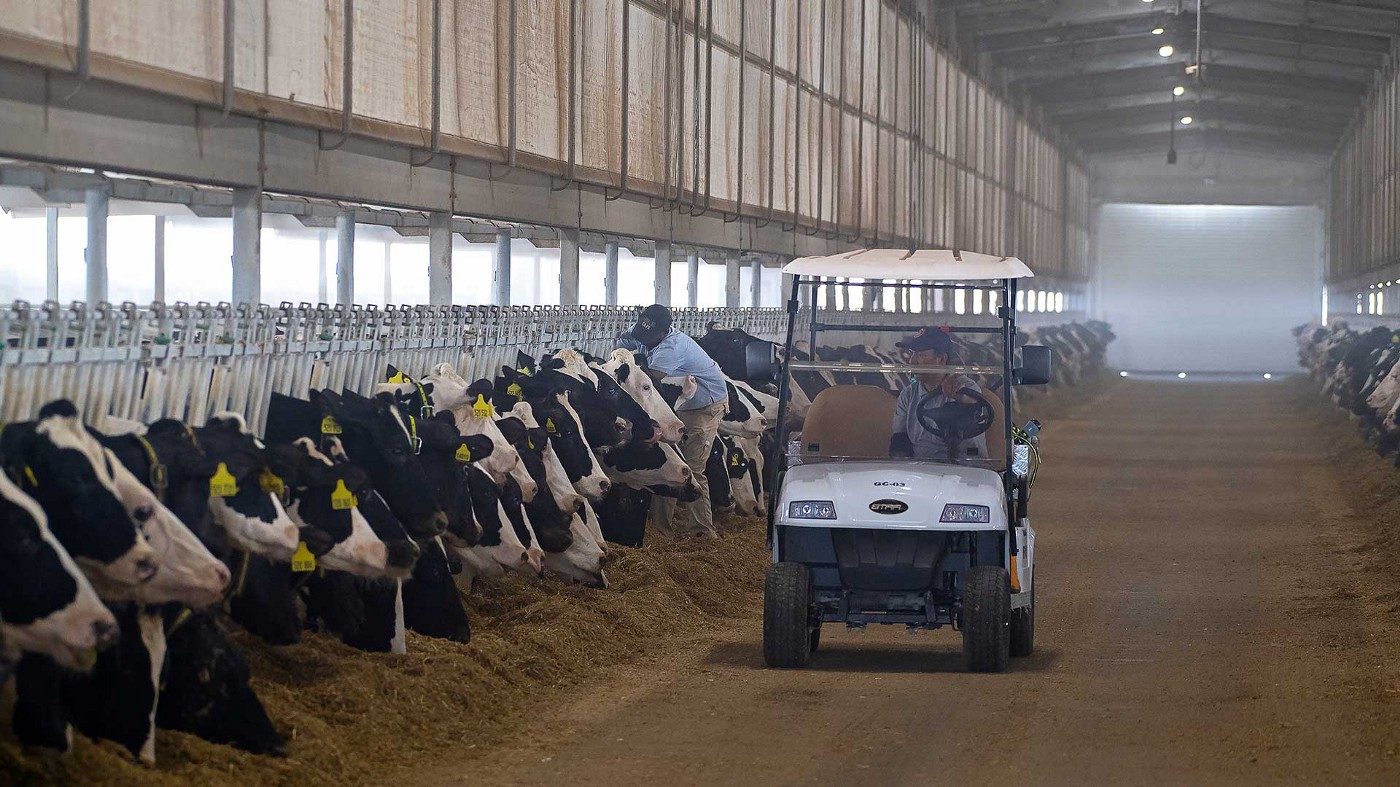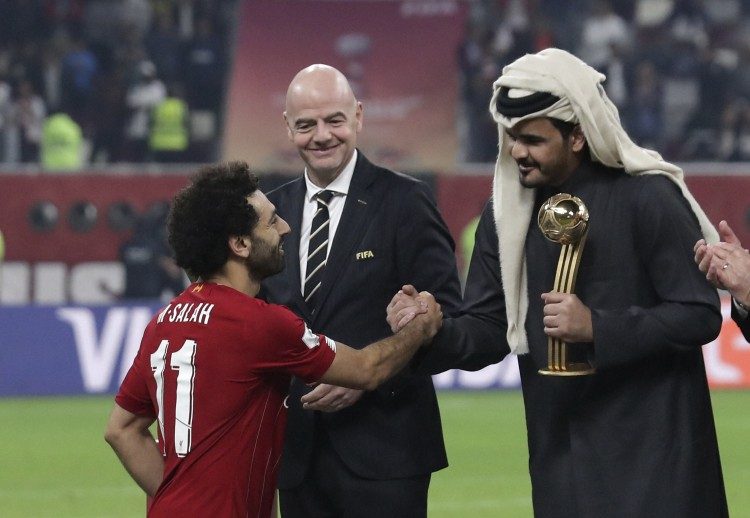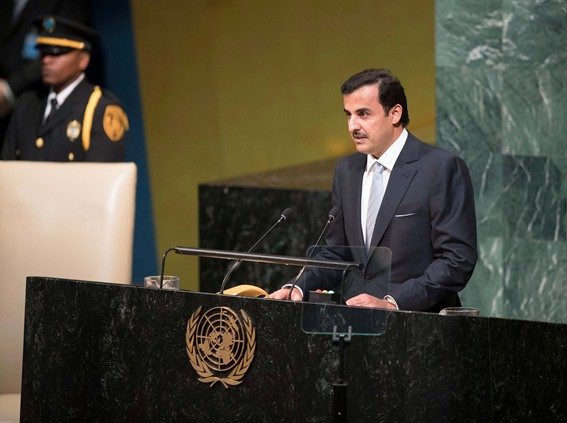By Sara Abadi
It has been three years since that fateful day of June 5, 2017, when Qatar was put under siege by its neighbouring countries, Saudi Arabia, the UAE, Bahrain and Egypt through a land, air and sea blockade. Since then, Qatar has not only carved its own identity on the world’s stage, most experts would say that it has come out on the other side stronger than ever before.
A tiny nation in the Persian Gulf, bordered by regional power Saudi Arabia, Qatar has spent the past three years developing itself into a country that cannot be undermined.
National Identity
Experts consider Qatar’s biggest success to be the formation of a strong national identity.
“There is a phenomenon across the globe, especially in the modern world, when there is a crisis or threat, people get together,” Dr. Mahjoob Zweiri, Director of the Gulf Studies Centre at Qatar University told Doha News
Despite the attempt to demonise the leaders of Qatar by the blockading countries, citizens and residents from all walks of life came together to support the government and the country. Hashtags such as #QatarIsOurTribe and art such as the Tamim Al-Majd sketch came as a defiant response to the attempts at dividing Qatar’s society.
“The people themselves were leading in defending the reputation of the country….and this is a great achievement of the blockade,” says Zweiri.
The positive cohesion and rallying around the flag was the result of the “national trauma” in the hearts of the Qatar people caused by the unprovoked blockade, according to Dr. Andreas Krieg, author and fellow at the Institute of Middle Eastern Studies at King’s College London.

Political and economic diversification
With the blockade, came the need to move beyond its traditional partners. For Qatar, this meant developing its ties with countries in Asia, Latin America and Africa, as a part of a diversification attempt of its foreign policy and economy which contributed significantly to its success during the blockade. Despite its size, Qatar challenged the political hegemony of Saudi Arabia by developing its political and financial relationships with Iran and Turkey. According to Zweiri, by issuing the thirteen demands, the blockading countries wanted to demonise Qatar on the world’s stage and in the eyes of its own people. The call to cut ties with Iran and shut down the Turkish military base was an infringement on Qatar’s sovereignty, bordering on hypocrisy, given the UAE enjoys blossoming trade relations with Iran.
“They [the blockading countries] wanted to separate Qatar from its network. You have to cut ties with Iran, and then cut ties with Turkey and then you leave Qatar alone under the sun. But that didn’t happen,” explains Zweiri.
In terms of the economic impacts of the blockade, having the imports cut from Saudi Arabia and UAE, Qatar quickly turned to countries like Turkey and Iran to help with products to keep the local shelves stocked. Taking the next step in self-sufficiency, Qatar began developing its own industries in dairy, farm produce, construction and more. The National Food Security Program, implemented by Qatar saw to that, aiming to self-produce up to 70% of its local food needs.
Sports diplomacy
Qatar’s achievements in the media, sports and academia sectors has played a significant part in helping the country resist the blockade and making Doha attractive to countries around the world. Qatar’s dreams to become the Gulf’s number one sports capital and winning the hosting rights of the FIFA 2022 World Cup have since long been a thorn in the way of the UAE according to analysts. Many efforts have been made to tarnish the country’s reputation, with the blockading countries relying heavily on leaked misinformation campaigns, lobbying FIFA heavily to reconsider the 2022 World Cup.
Despite those efforts, Qatar has continued to cement itself as a major sporting destination, hosting the FIFA Club World Cup, amongst many other international events.

Doha’s forward-thinking and progressive stance sets it apart from other countries in the region. Qatar has grown considerably into a society where pluralism, academic freedom and freedom of speech is cherished. With investments in global think-tanks and universities, Qatar has allowed academic freedom to flourish in the country, making it an attractive place to conduct research with a vibrant academic culture, unlike blockading countries where academics have been imprisoned or even killed, like the case of Mathew Hedges in the UAE and Guilio Regeni in Egypt.
“At King’s College, we don’t allow our students to go to the UAE. It’s a country similar to North Korea or Iran where academics are not safe. Same goes with Saudi Arabia,” says Krieg.
Unsuccessful mediation
Three years of mediation attempts by Kuwait have unfortunately been unsuccessful, some experts believe that regardless of those efforts too much damage has been done making it extremely difficult to rectify. In fact, in some respects Kuwait and Oman who tried to help bridge the divide have found themselves coming under pressure from the blockading countries as well.
“What is needed is an external mediator with credibility to hold countries to account, and such an actor doesn’t exist at the moment,” says Krieg.
Having turned into a protracted conflict that divides the gulf, it seems like every month the blockade continues, the gap between the people of Qatar and the blockading countries widens.
“The only thing I’m sure of is that the ties can’t go back to before June 5, 2017,” says Zweiri.
The unity of the gulf has been irreparably damaged; the idea of “Khaleejiness” having taken a big blow. The idea that a stable gulf in an unstable Middle East has potentially disintegrated forever, is a daunting thought for many.







